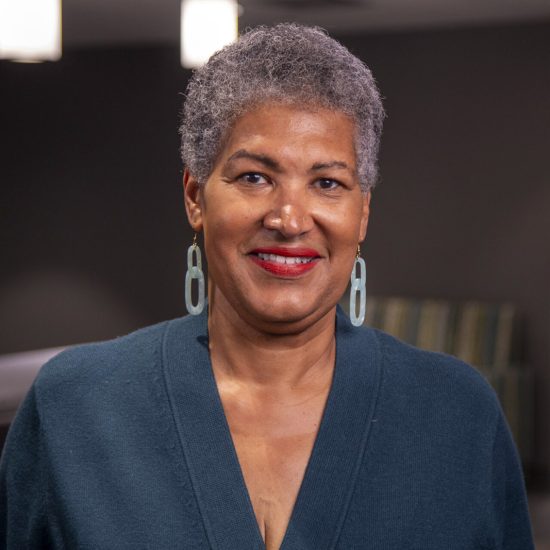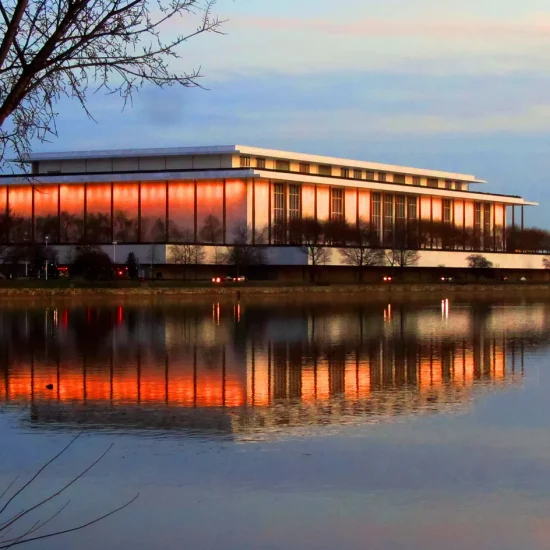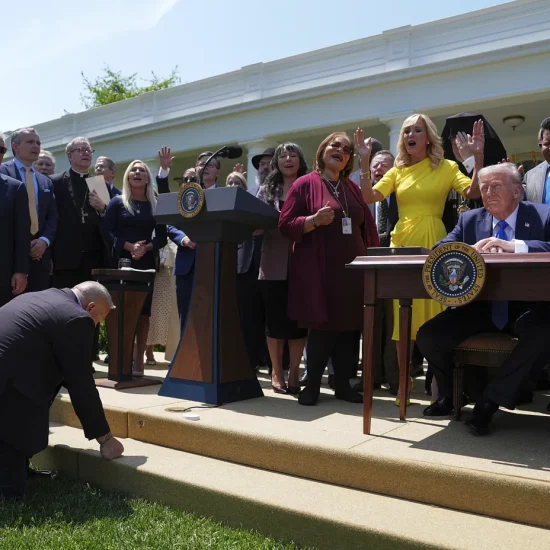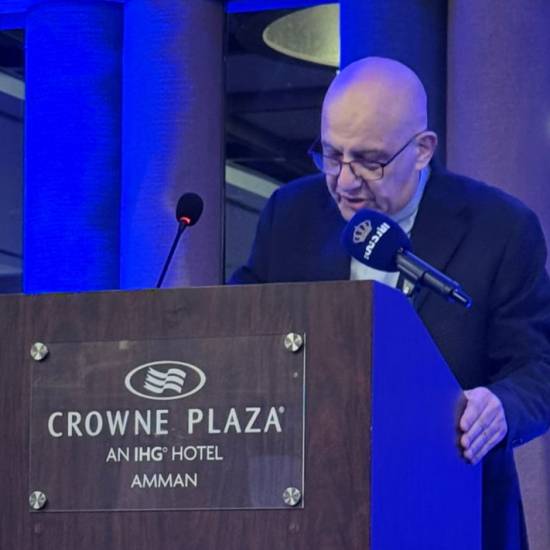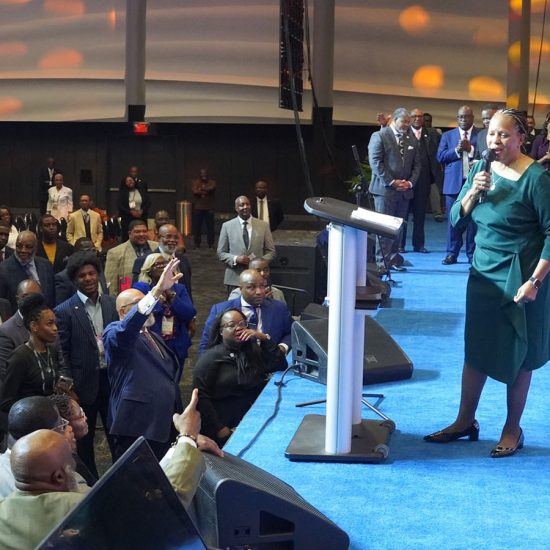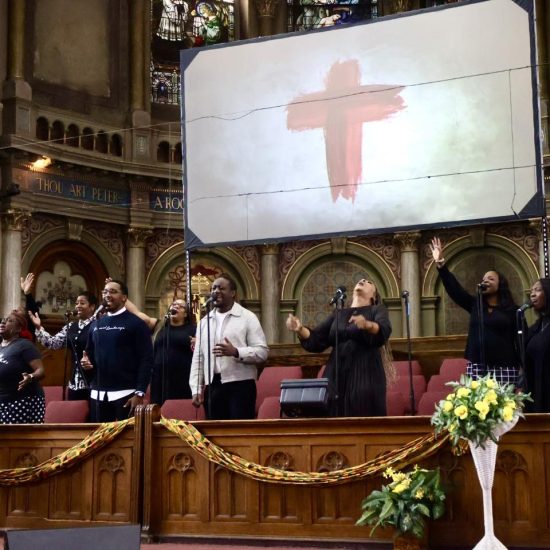ORLANDO, Fla. (ABP) — The Southern Baptist Convention Executive Committee will study a motion to exclude churches affiliated with the Alliance of Baptists.
The motion, made from the convention floor June 15 by Wes Kenney, pastor of Trinity Baptist Church in Valliant, Okla., asks Southern Baptists to consider affiliation with the Alliance — a group formed in 1987 around progressive Baptist principles like women's ordination and academic freedom in theological education — "to be an act to affirm homosexual behavior" in violation of the convention's constitution.
"If you read the founding documents of both groups, it ought to be obvious to anybody," Kenney said in a June 16 podcast on SBC Today, a blog he produces with four other conservative pastors. Kenney said his motion "was just making explicit" that the group's liberal stance on sexuality is contrary to that of the SBC.
The Southern Baptist Convention amended its constitution in 1993 to declare churches "not in cooperation" with the convention to include "churches which act to affirm, approve or endorse homosexual behavior."
That was in response to news reports in 1992 about Pullen Memorial Baptist Church in Raleigh, N.C., approving a marriage-like ceremony for two gay men and Olin T. Binkley Memorial Church in Chapel Hill, N.C., licensing a homosexual man to the gospel ministry. Both churches belong to the Alliance. Pullen Memorial recently affirmed Nancy Petty, a lesbian, as senior pastor.
In 2004 the Alliance adopted a statement supporting same-sex marriage and pledging to "create places of refuge and renewal for those who are ignored by the church" because of their sexual orientation.
The Alliance of Baptists recently came out in support of repealing the "don't ask don't tell" ban on gays serving openly in the military. The SBC, which met June 15-16 in Orlando, Fla., said the exact opposite in a resolution calling to proposal to repeal the ban an attempt to "normalize" homosexuality. The SBC resolution claimed the repeal would jeopardize national security and infringe on the religious freedom of military chaplains who believe homosexuality is a sin.
Convention policy is for motions from the floor that would affect the SBC constitution and bylaws to be referred to the SBC Executive Committee for consideration and report to the convention the following year. This year messengers referred a total of 13 motions to the Executive Committee.
One, offered by Dwight McKissic, pastor of Cornerstone Baptist Church in Arlington, Texas, calls for expanding the constitution's membership article to also exclude churches that condone "racial discrimination."
McKissic, who is black, said he supports the exclusion of churches that are pro-gay but said that Southern Baptists need to speak just as loudly against racism. McKissic said that 15 years after the SBC apologized to African-Americans for its past support of slavery, institutional racism still exists in the lack of people of color in convention leadership and when racially insensitive public statements by individuals go unchallenged.
Another resolution adopted this year called on churches to "display the gospel by transcending ethnic, racial, economic and social barriers due to our unity in Christ."
Other motions referred to the Executive Committee include a proposal to study the feasibility of holding the SBC meeting every other year instead of annually and requesting that Baptist Press, the denomination's official news service, be moved out of the Executive Committee and be established as an SBC entity with its own board of trustees.
-30-
Bob Allen is senior writer for Associated Baptist Press.

